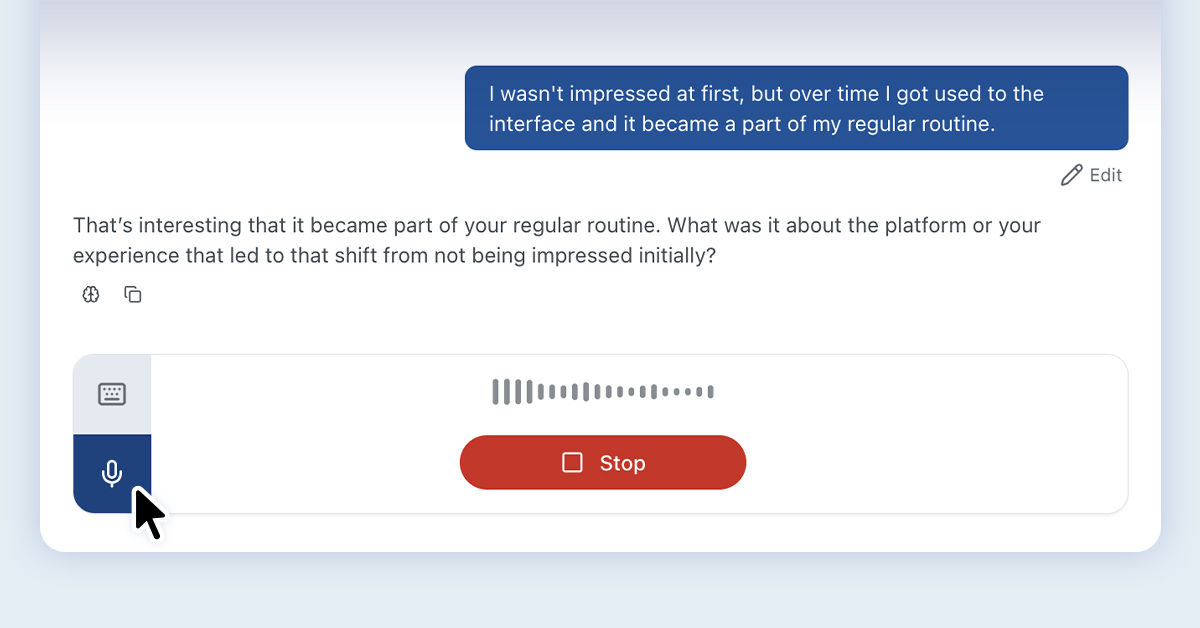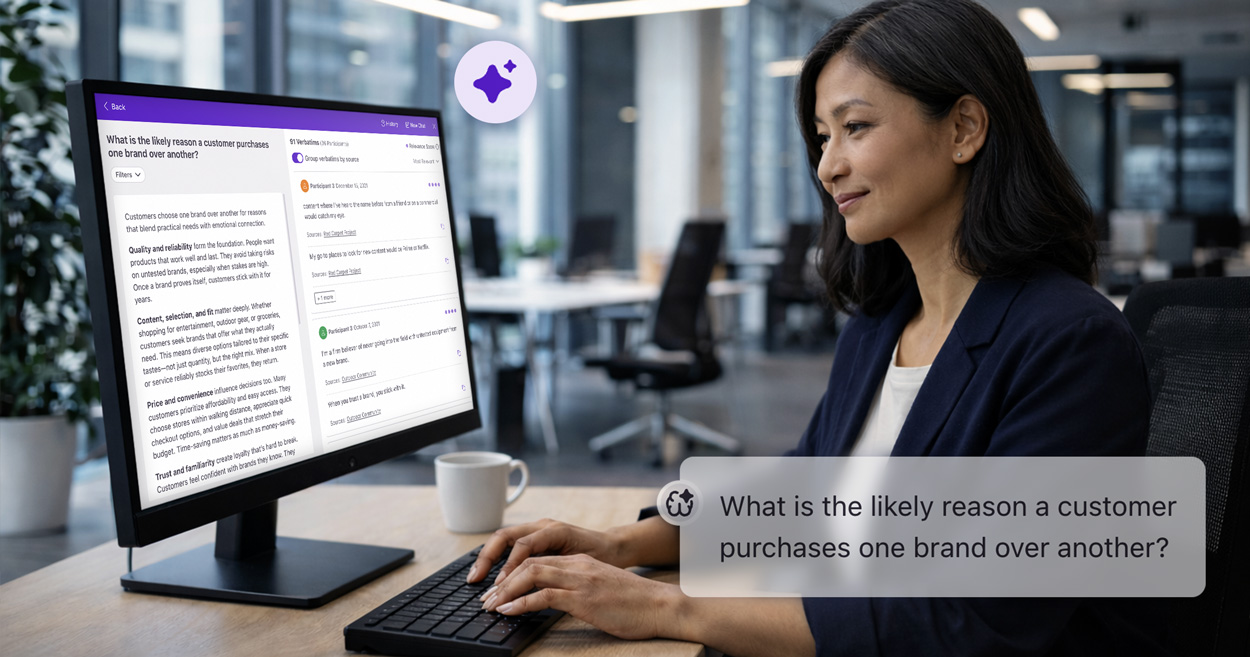Short-term online communities offer a powerful way to engage your audience and gather valuable data swiftly, providing an agile and often less expensive alternative to traditional research methods. Researchers using Recollective’s qualitative research platform leverage its flexible tools to run thousands of projects each year. While every project is different, we’ve gained a deep understanding of which approaches are most effective and have compiled seven of our top tips to give your project the best chance for success!
1. Minimize Daily Task Time
Modern life places many demands on people and we’re all busier than ever before. Research, even where it’s fairly compensated, adds to that burden. So, in order to ensure you’re getting the insights you need, participants have to stay committed and engaged. To achieve that, it’s vital that expectations for effort are reasonable and managed. Keep tasks brief and focused; aim for daily obligations, including follow-up questions, to stay under 30 minutes for the best results.

2. Maintain Research Momentum
At Recollective, we find the optimal workflow is to:
- Release each activity in sequence (rather than everything at once).
- Ask follow-up questions to task responses as promptly as possible.
- Close out activities before moving on to the next.
Keeping the conversation clear and flowing prevents confusion and establishes reasonable expectations for community members to meet. Faster data collection enables quicker analysis and adaptation of research questions as needed, because researchers can analyze participants’ initial responses and use them to create or modify subsequent questions or activities. That ability to “course correct” while in the field is a strong advantage of asynchronous qualitative research.
3. Enhance Participant Engagement
Engaged participants provide deeper insights and participate more actively. To make sure your participants are engaged, use Recollective’s in-platform messaging, discussion prompts and social collaboration tools like commenting and @mentioning. Reward systems like points and badges further encourage timely and thorough responses, improving overall completion rates.

4. Provide Flexibility for Participants
Engagement drops when participants feel like they are falling behind. Ensure that there is time built into your schedule for those who aren’t able to sign on every day. Utilize sequenced activities rather than relying solely on activity dates to ensure that participants complete them at a time that suits their schedule. This also ensures they don’t get discouraged if they cannot complete everything on one of the scheduled days.
5. Vary Activity and Task Types
It's important to use a variety of activity and task types to keep your participants engaged. Recollective offers both asynchronous and live activity types, and within the asynchronous activities, you can choose from 12 different task types to create your questions. These include options such as text responses, image reviews, screen recordings and more. Nobody wants to fill out 10 polls in a row – diversifying your tasks makes the research process fun for participants, keeping things stimulating and reducing drop-out rates.

6. Communicate Off-Platform Assignments
If your research requires participants to travel or perform physical actions, such as travelling to a specific location or purchasing and testing a product, be sure to inform them well in advance. Clear communication helps participants maintain an organized schedule and increases the likelihood of task completion, contributing to a more successful project.
7. Schedule Onboarding and Buffer Time
An onboarding period helps participants get acquainted with the platform, research goals and team. Setting simple Activities like an icebreaker/getting-to-know-you exercise is an ideal use of this time. Then, at the end of the project, try to build in some buffer time. Even just a day or two allows participants to catch up on missed tasks and accommodate any unexpected delays they’ve experienced. You’ll get a more complete set of data and save a lot of unnecessary stress in the end.
We hope these tips are helpful. Some of them might sound like common sense (and of course, they are!), but by consistently applying them in combination with Recollective's suite of qualitative research tools, you can create efficient and engaging qualitative research projects that deliver the rich insights you seek.
To learn more about how Recollective can support you, reach out to our team here.







.svg)